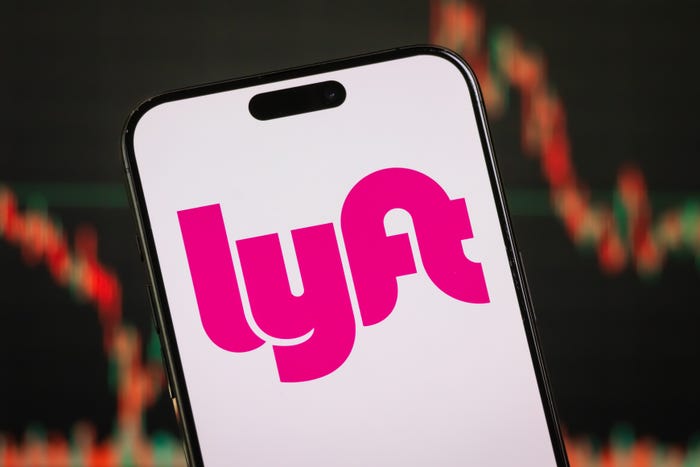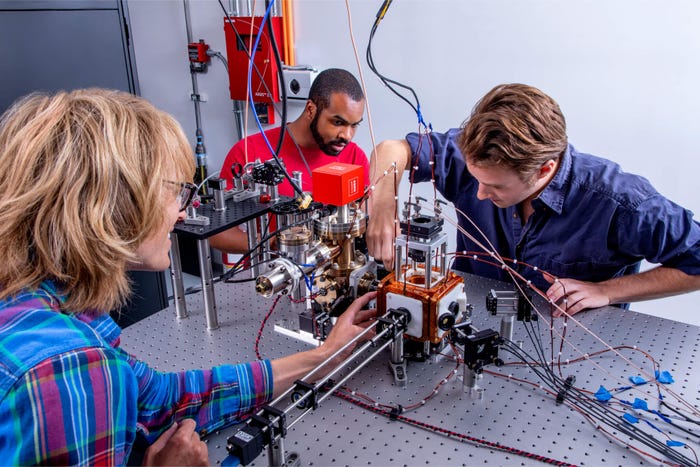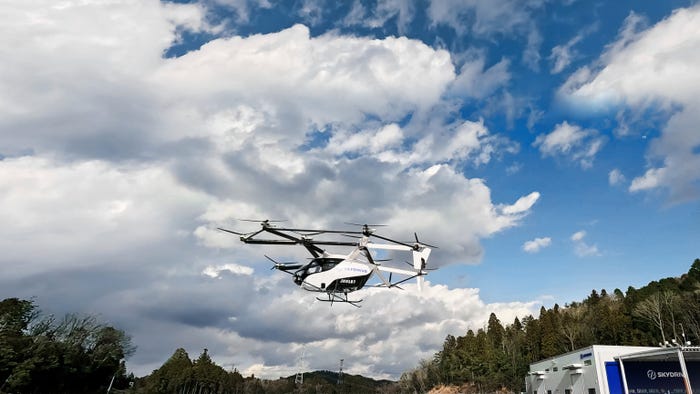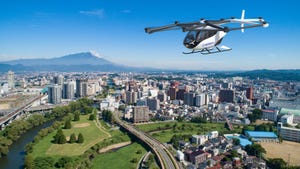GM to Cut Cruise Spending by Hundreds of Millions of DollarsGM to Cut Cruise Spending by Hundreds of Millions of Dollars
GM’s reduction in investment was confirmed by Chief Executive Officer Mary Barra on a conference call with investors
.jpg?width=1280&auto=webp&quality=95&format=jpg&disable=upscale)
General Motors will significantly cut spending on its Cruise self-driving subsidiary.
Cruise is currently undergoing something of a reset, having paused all operations across the United States and seen its CEO and founder resign amid the fallout of a crash in San Francisco in October involving one of its self-driving taxis.
GM’s reduction in investment was confirmed by Chief Executive Officer Mary Barra on a conference call with investors on Nov. 29.
Cruise has instigated several measures to try and regain public confidence, including an independent review of the incident and the company’s response, and Barra revealed the impact this would have.
“We will share more details on the path forward in the coming weeks when we have all the findings and recommendations, but we expect the pace of Cruise expansion to be more deliberate when operations resume, and spending will be substantially lower in 2024 than it was in 2023,” she said.
The extent of the reduction was subsequently clarified by Chief Financial Officer Paul Jacobsen, who added: “We are projecting to have a narrower scope as we focus in on safety and scaling up in a much narrower view than we were. As a result of that, we expect that the spend at Cruise will be down hundreds of millions of dollars in ’24 from 2023.”
Reining in spending so dramatically will almost certainly result in job losses at Cruise – which employs around 3,800 people – although more details are expected on this in due course.
Despite the massive upheaval, Barra was keen to emphasize her continuing support. She continued: “What Cruise has accomplished over the past eight years since we acquired the company is remarkable.
“Our priority now is to refocus them on safety, transparency, and accountability, and build trust with regulators at the local, state and federal levels, including first responders and the communities in which we will operate.”
Despite swift expansion in its core hub of San Francisco, Cruise received a string of criticism in the city with its fleet of driverless taxis regularly accused of blocking traffic and delaying first responders.
However, it was an accident on Oct. 2, – which saw a pedestrian dragged along the road by a Cruise self-driving taxi after being hit by a human-driven vehicle – that proved to have major consequences. It prompted the California Department of Motor Vehicles to remove the company’s permits to operate without drivers, citing an “unreasonable risk to public safety.” It also suggested Cruise had not been fully transparent about the incident.
That sparked the chain of events which has led to the current crisis the company finds itself in.
However, despite all the negative publicity surrounding Cruise – and losses believed to total $8 billion since GM acquired it – Barra is still backing the potential of autonomous driving.
She told the call: “I understand there’s a concern about the capital being deployed. I think this is an important technology for the future from a societal and safety perspective. It’s got to be done right. But I think you will see us coming forward with a very streamlined plan that allows us to leverage the talent and the work that’s been done in an appropriate way that’s really going to add growth to the business overall.”
Like what you're reading? For more stories like this on self-driving vehicles and other emerging technologies, sign up for our free daily email newsletter to stay updated!
About the Author
You May Also Like








